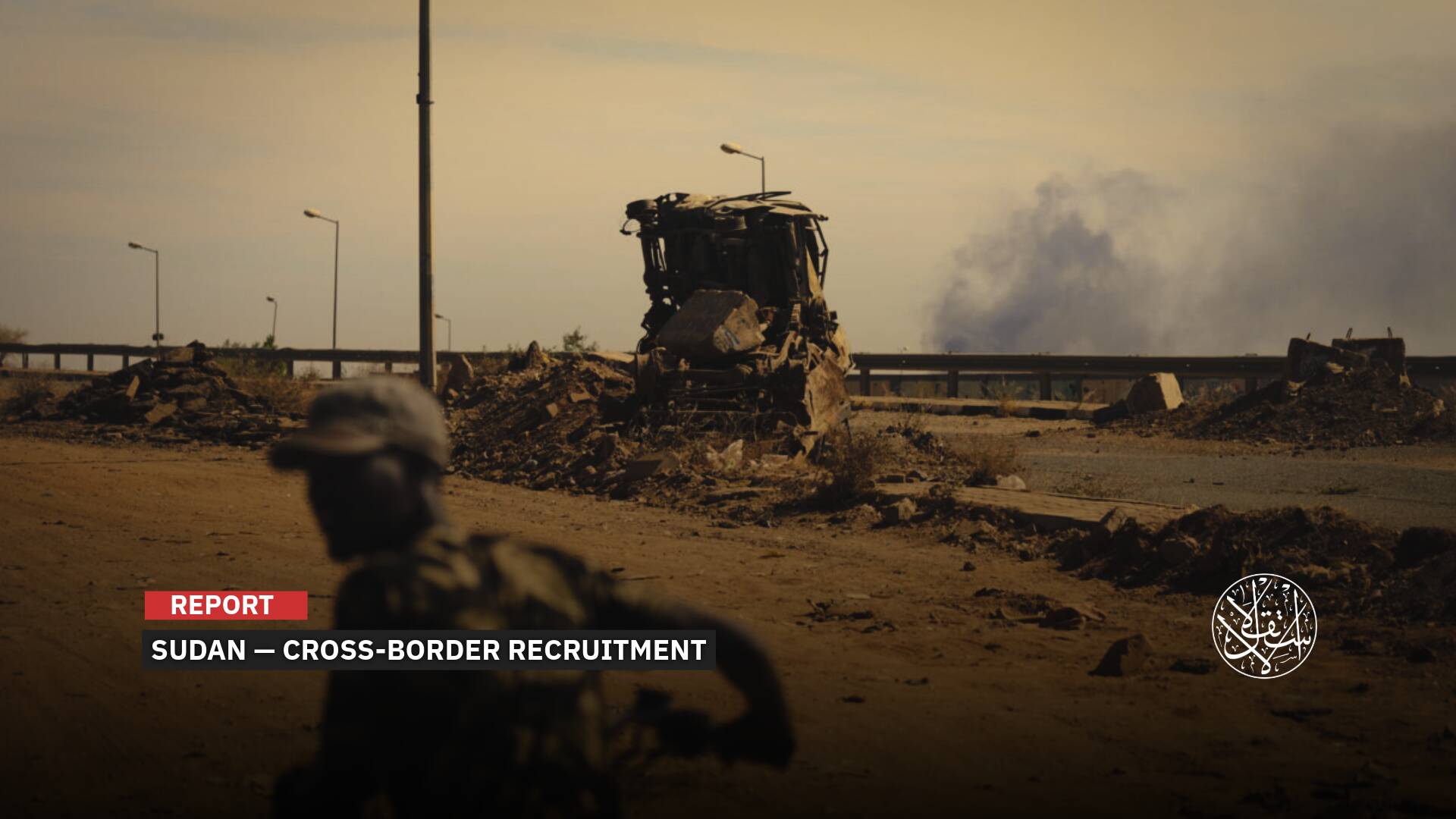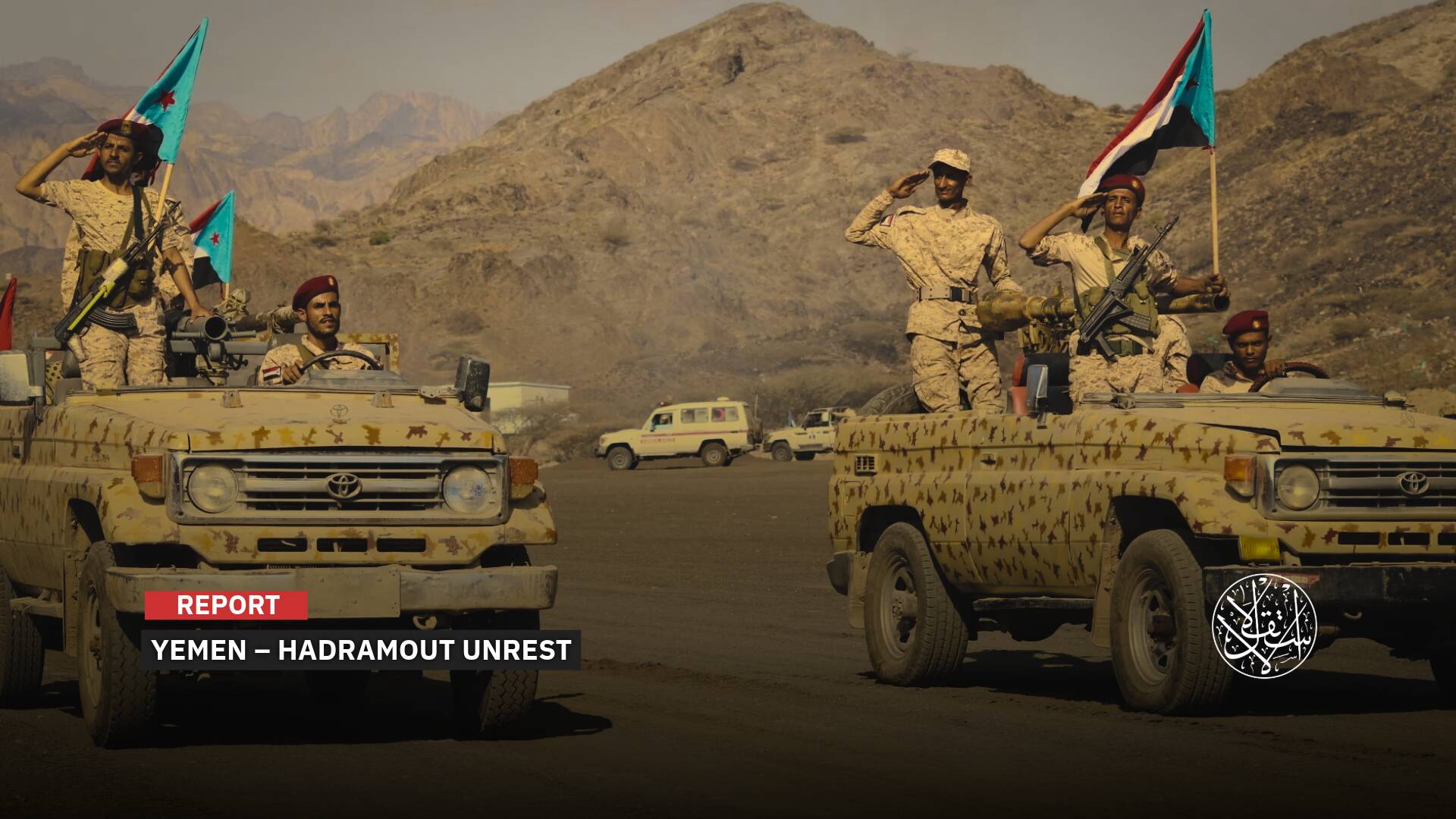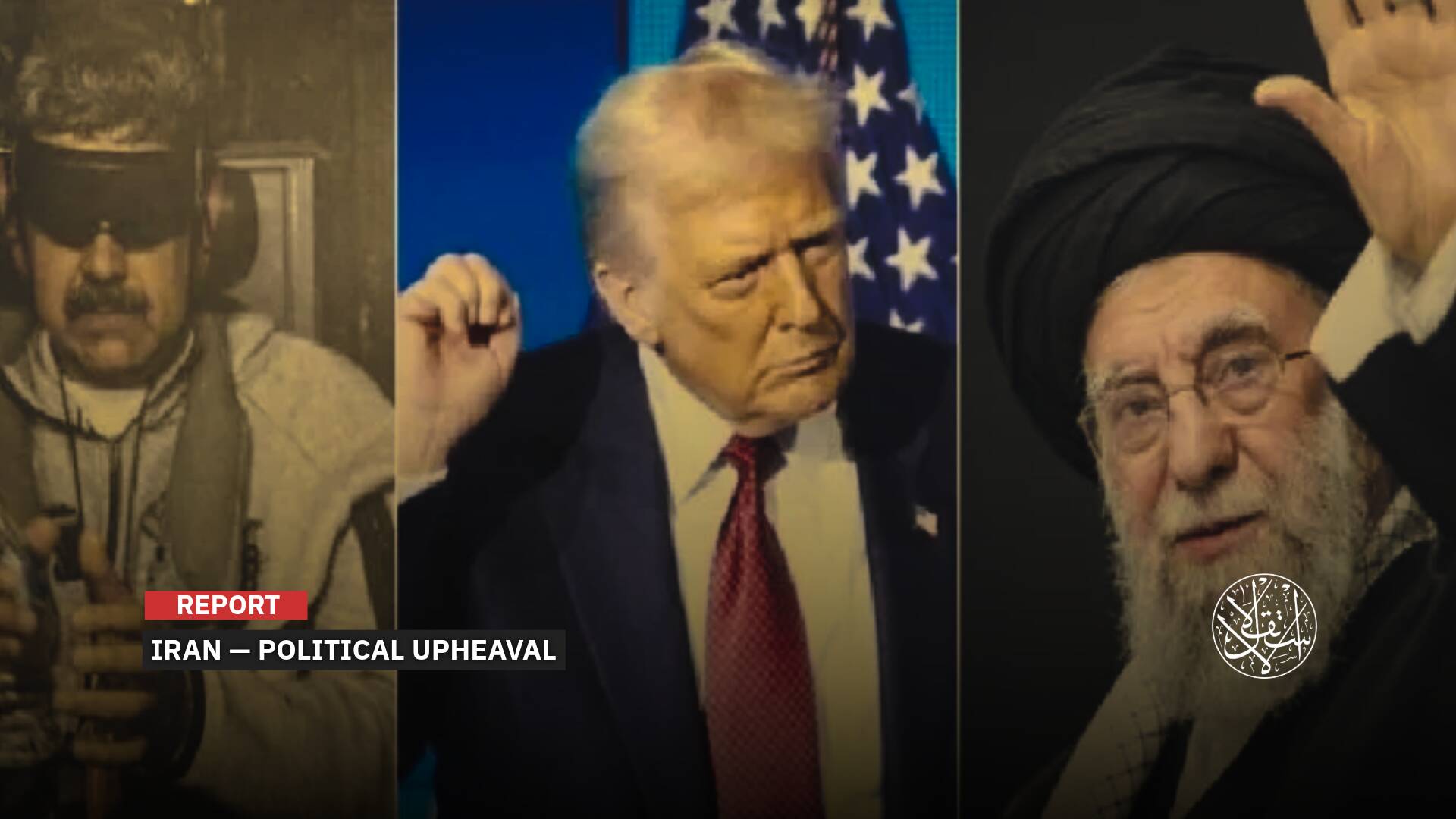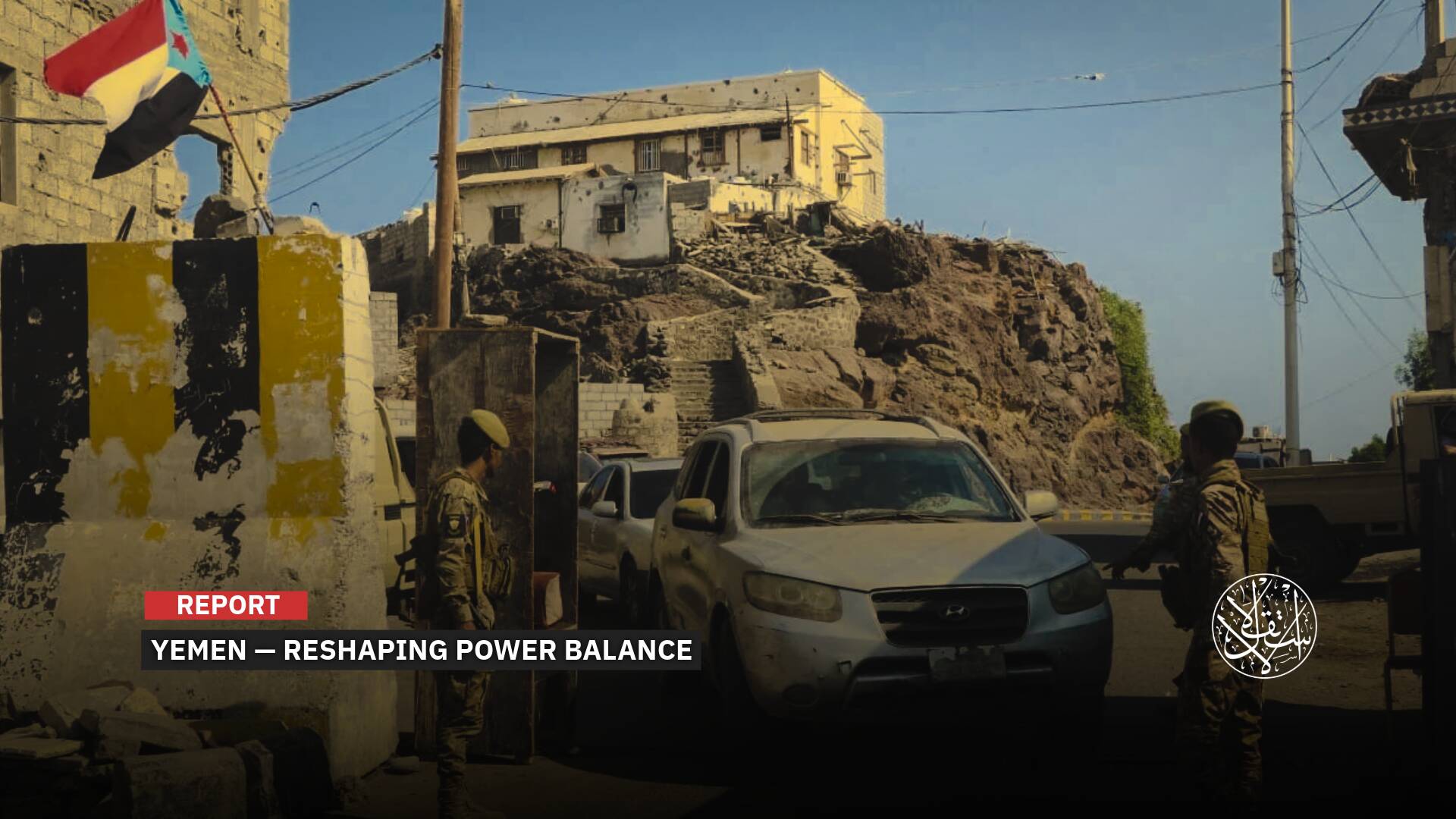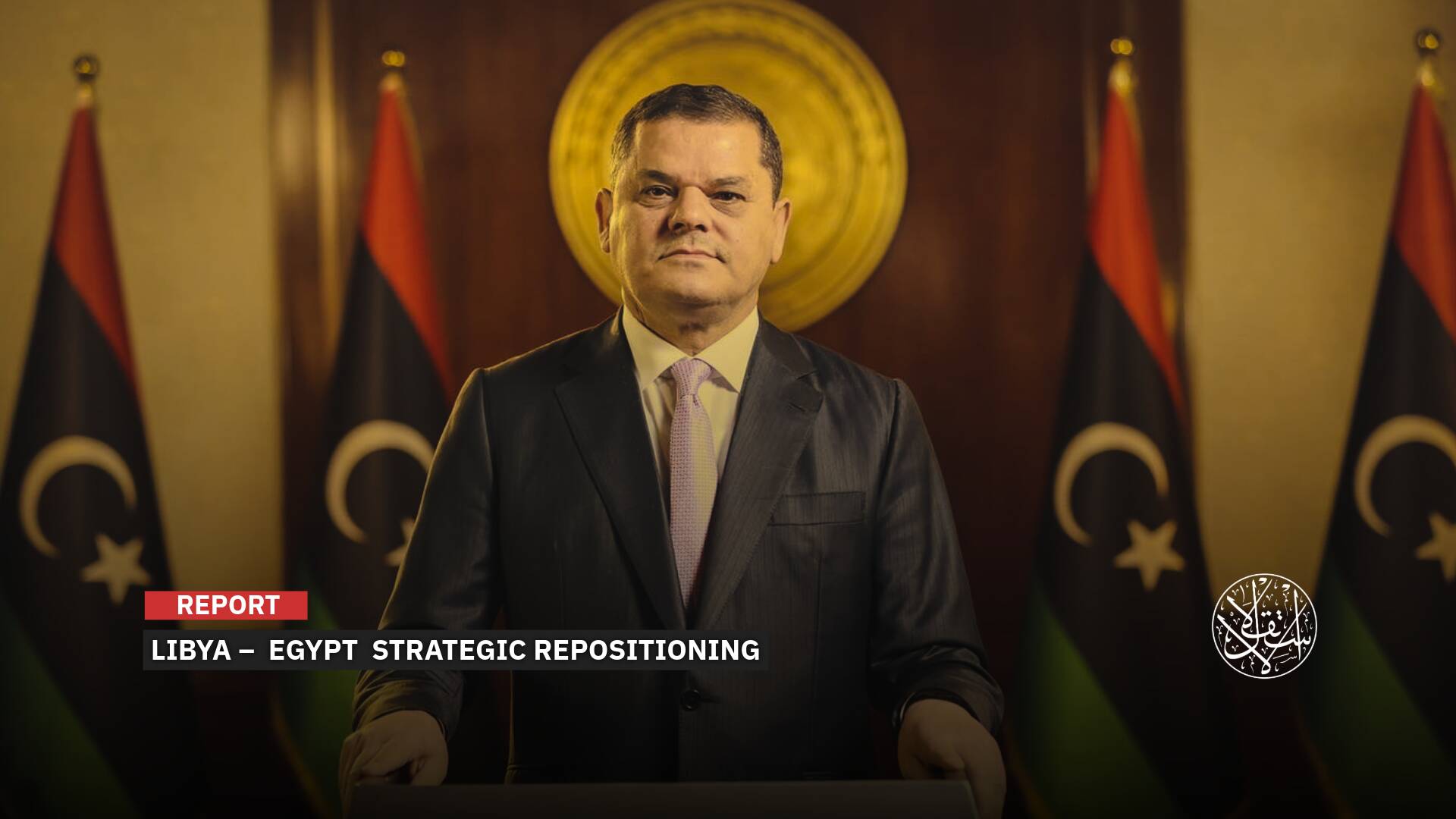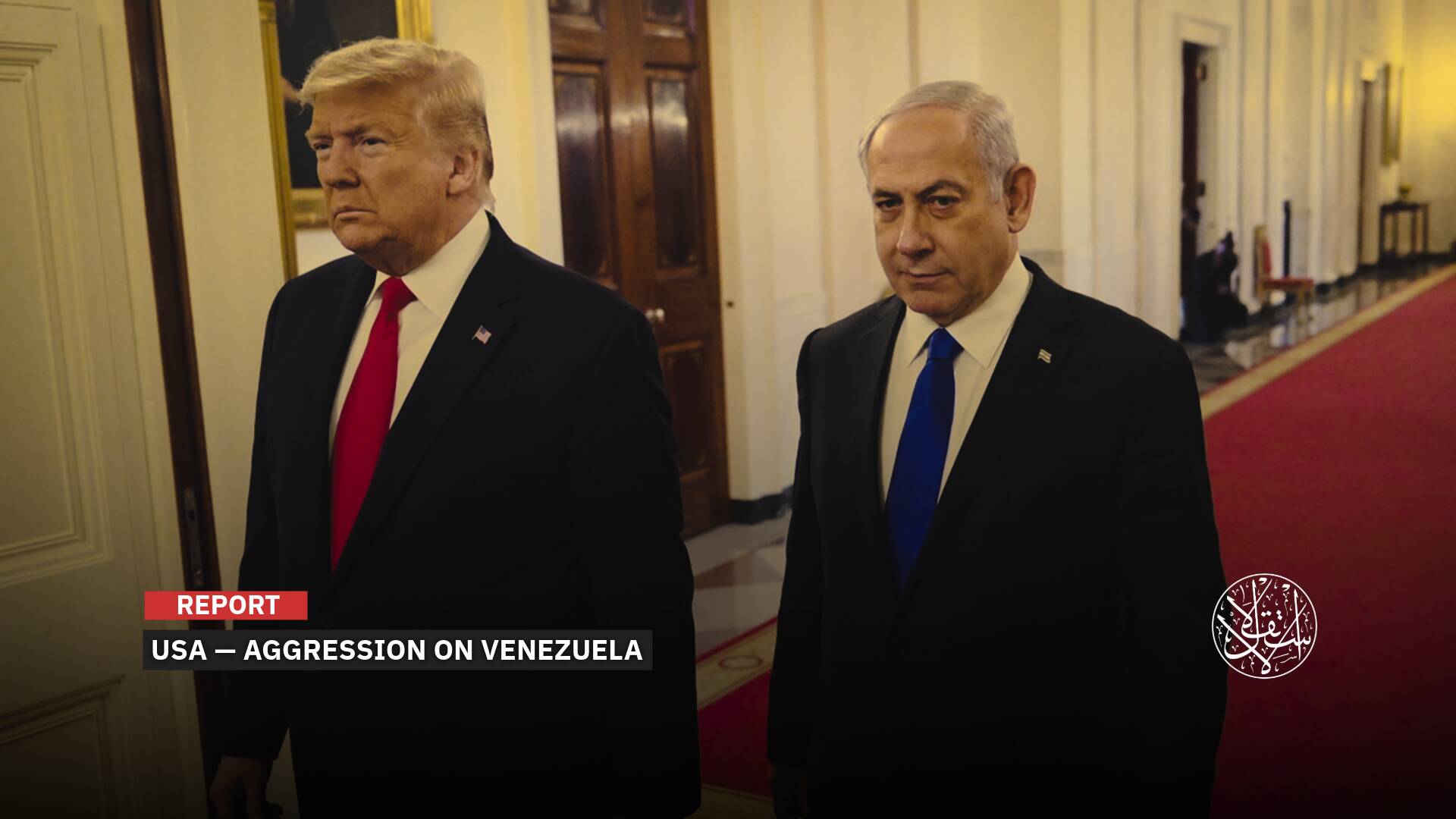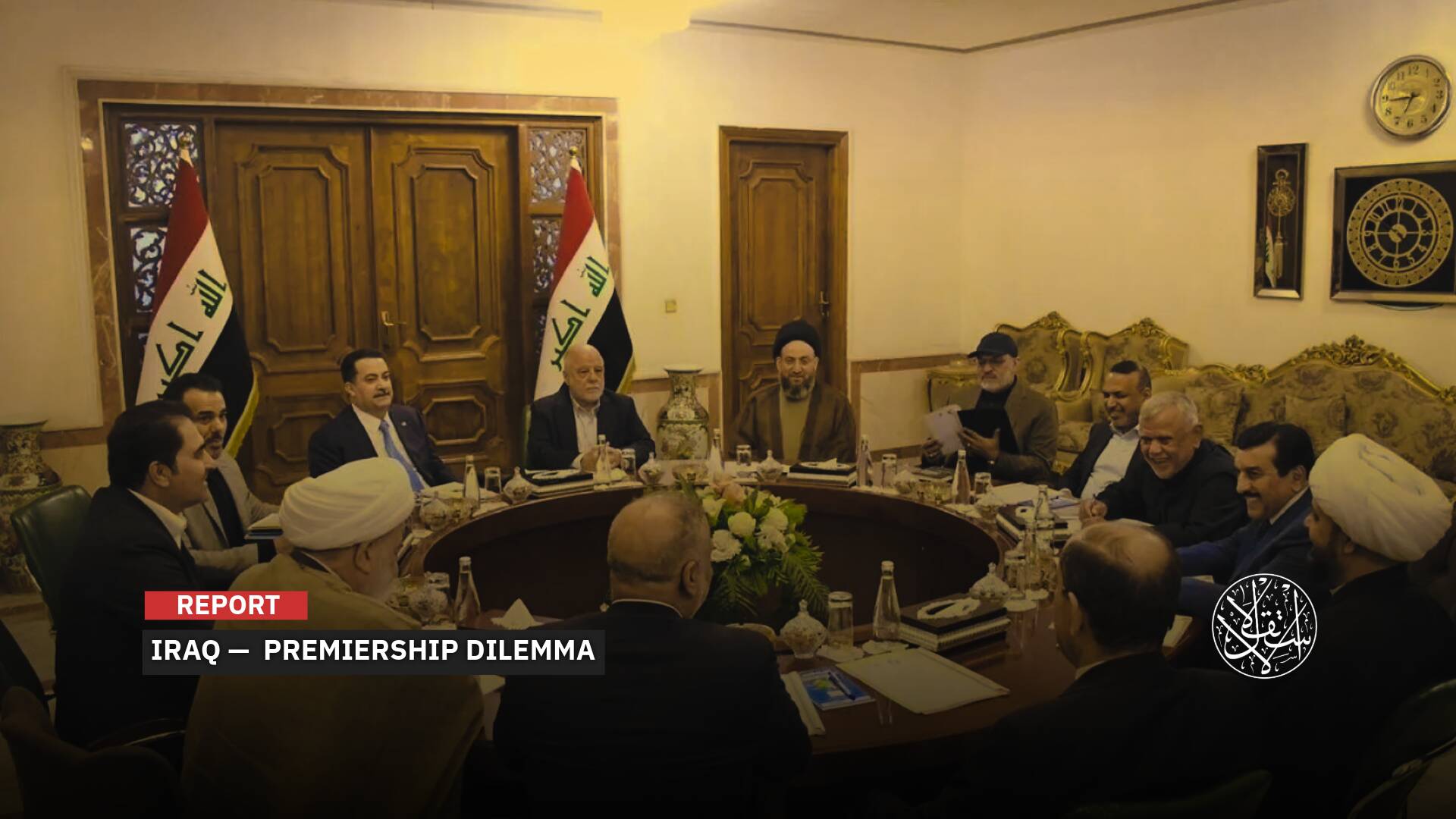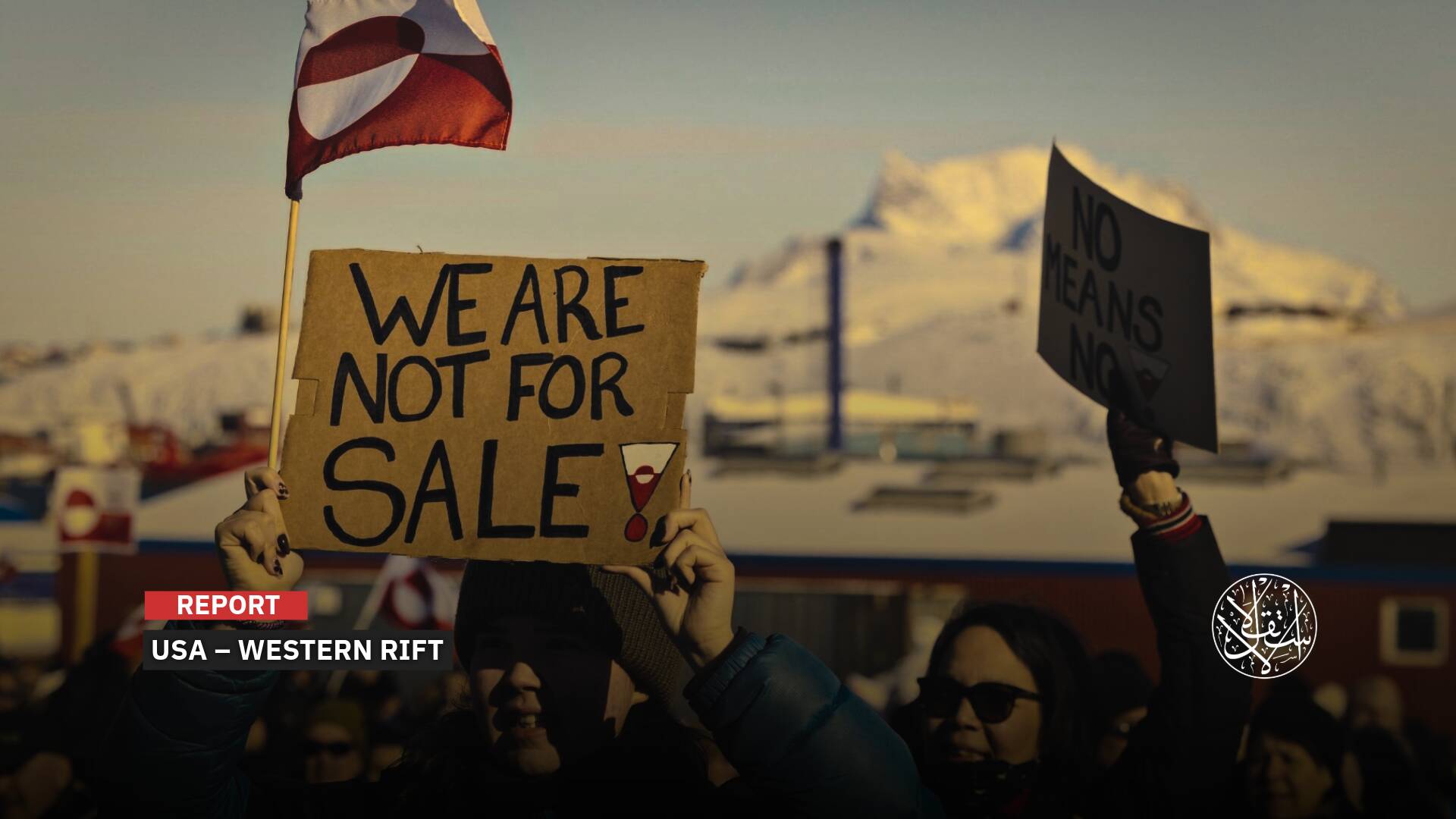From Chad to Senegal: How Africa is Preparing to Eliminate the French Presence

“France was forced to withdraw its forces from Mali, Burkina Faso and Niger following military coups.”
In a decision that analysts have warned against, France intends to reduce its military presence in Africa, amid a new campaign of anti-Paris sentiment.
Last week, President Emmanuel Macron received a report containing proposals on how France could reduce its military presence in Chad, Gabon, and Ivory Coast, where it has had troops for decades. The French base in Djibouti, where it has 1,500 soldiers, will not be included in the measure.
Details of the report have not been published, but two sources said the plan is to reduce the number of troops from about 2,200 now to 600. The sources said Chad would keep the largest number, with 300 soldiers, down from 1,000.
France’s decision to review its presence in West Africa comes after its soldiers were forced to withdraw from Mali, Burkina Faso, and Niger following military coups in the three countries and the spread of anti-French sentiment.
But in a move that surprised French officials, the Chadian government abruptly ended a defense cooperation agreement with France, whose army has maintained a presence in this former colony for nearly 40 years, in a move that strips Paris of its last foothold in the African Sahel region.
In a similar blow to France, Senegalese President Bassirou Diomaye Faye also threatened to close French military bases on its territory.
These African moves come at a time when French Foreign Minister Jean-Noel Barrot is touring Chad, Ethiopia, and Senegal.
Defense Cooperation
Coinciding with the 66th anniversary of Chad’s independence from France, Chadian Foreign Minister Abderaman Koulamallah abruptly announced the end of defense cooperation agreements with Paris, a constant ally of the Deby family that has ruled the country for decades.
This could see all French troops leave the former colony, even though Chad is a key ally of the West in its war on terrorism in the African Sahel.
The Chadian minister said the decision was taken after an in-depth analysis and is considered a historic shift.
Koulamallah explained that “after 66 years of declaring the Republic of Chad, it is time for Chad to assert its full sovereignty and strengthen its strategic partnerships based on its national priorities.”
Chadian officials also stressed that the decision does not mean severing relations with Paris, but rather redefining them in line with national sovereignty.
In contrast, diplomats indicated that Chad's decision surprised Paris, which merely issued a statement saying that it had been informed of it.
However, Le Figaro newspaper quoted an informed French official as saying that the Chadian government considers France’s decision to reduce its military presence there by more than half as a disdain for it, and that the French are no longer in a position to guarantee the security of the military regime led by Mahamat Idriss Deby.
Observers saw Chad’s move as deliberate, preceded by steps of rapprochement with Russia, in addition to the fact that it also comes as a result of the deterioration in relations with France after the recent attack by Boko Haram, which claimed the lives of dozens of Chadian soldiers.
They pointed out that despite the presence of 12 military bases in Chad, 7 of which are declared, and the existence of a mutual defense agreement, France has not moved a finger, adding that one of the demands of the national dialogue in Chad was to review the agreements with France.

National Sovereignty
In a similar blow to France, Senegalese President Bassirou Diomaye Faye said in an interview with Agence France-Presse on November 29 that it was inappropriate for French troops to continue to remain in his country, where there are currently 500 of them.
He pointed out that the presence of French military bases in his country is inconsistent with national sovereignty.
After 64 years of Senegal's independence from France, he believed that the French authorities should consider establishing a partnership devoid of this military presence.
During the election campaign that brought him to the presidency, Faye pledged to review relations with the country's former colonizer.
At the same time, Faye, who took office last April, stressed that rejecting a French military presence in his country does not mean a break between Dakar and Paris.
He explained that his country has strong relations with several countries, such as China, Turkiye, the United States, and Saudi Arabia, none of which have any military bases in Senegal.
The moment that Faye chose is not coincidental either, as it came after his party Senegalese Patriots for Work, Ethics and Fraternity won 130 out of 165 seats in the legislative elections held on November 17.
On the other hand, the Senegalese president confirmed that he received a letter from his French counterpart, Emmanuel Macron, in which Paris admitted its responsibility for a massacre committed by its colonial forces in Thiaroye, near Dakar, on December 1, 1944.
Faye welcomed this admission, considering it a major step on the part of Macron. He also did not rule out the possibility that his country would submit a request to France to provide compensation to the families of the victims.
Macron also apologized in his letter for not being able, due to his busy schedule, to participate in a ceremony in Thiaroye to commemorate the 80th anniversary of the victims of that massacre.
Senegal was a center for extending France's influence and expanding the map of its colonies towards many regions of West Africa.
French companies own 17.5% of total imports to the Senegalese market.
French exports to Dakar in 2020 reached about $900 million, while Senegalese exports to Paris did not exceed $75 million.
With the political protests and security tensions that Dakar witnessed in 2023, in which slogans were raised denouncing France's dominance and interference in the economy and politics, Paris announced that it would reduce the number of its forces in mid-2024 to 260 soldiers.
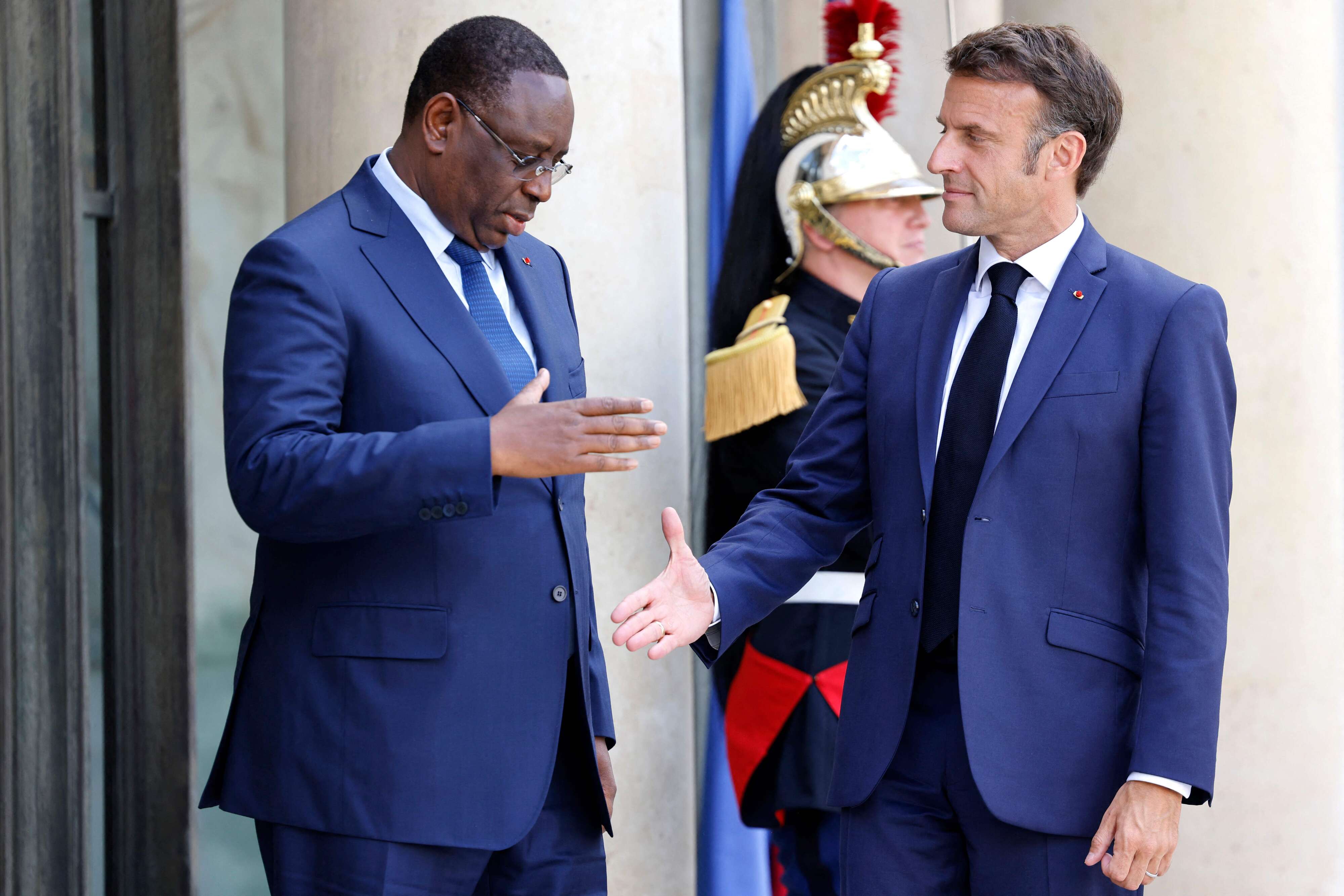
French Retreat
In the face of these transformations, France seeks to redefine its presence in Africa by reducing its military forces and strengthening economic and diplomatic cooperation.
French reports indicated that Paris is focusing on significantly reducing its forces in Gabon, Senegal, and Côte d'Ivoire, while maintaining new strategic partnerships.
Diplomats attributed the reasons for France's decision to the financial situation that is straining Paris's budget, and that it also comes as a result of the consequences of the role that France is playing in the Russian-Ukrainian war.
In an exciting comment, Le Point magazine wrote that what France is suffering as a result of these political developments makes its army more fragile than ever before.
In turn, Le Monde newspaper said the recent moves by Senegal and Chad indicate France's failure to redefine the former colonial power's military posture on the continent.
France had also been forced to withdraw its soldiers from Mali, Burkina Faso, the Central African Republic, and Niger, after a series of military coups, and amidst anti-French sentiment due to its failure to demonstrate its role in combating terrorism in the region.
The United States also withdrew its forces from Niger immediately after the last French soldier left there.
The French and American withdrawal from Africa coincided with the growing influence of Russia, Turkiye, and China on the continent.
France’s policy in Africa has been widely criticized as fostering dependency, corruption, and neocolonialism, and this discontent has grown over time to become a major axis in the erosion of French influence.
Anti-French sentiment has grown dramatically. Citizens increasingly see France as a symbol of neocolonial exploitation rather than a partner.
A new generation of African leaders and youth movements has grown up rejecting traditional alliances and seeking diverse partnerships.
Part of the problem boils down to Macron’s personality, say observers. He has been accused of irking African leaders with a paternalistic tone, lightning visits, and chummy backslapping of older statesmen seen as a slight in their countries.
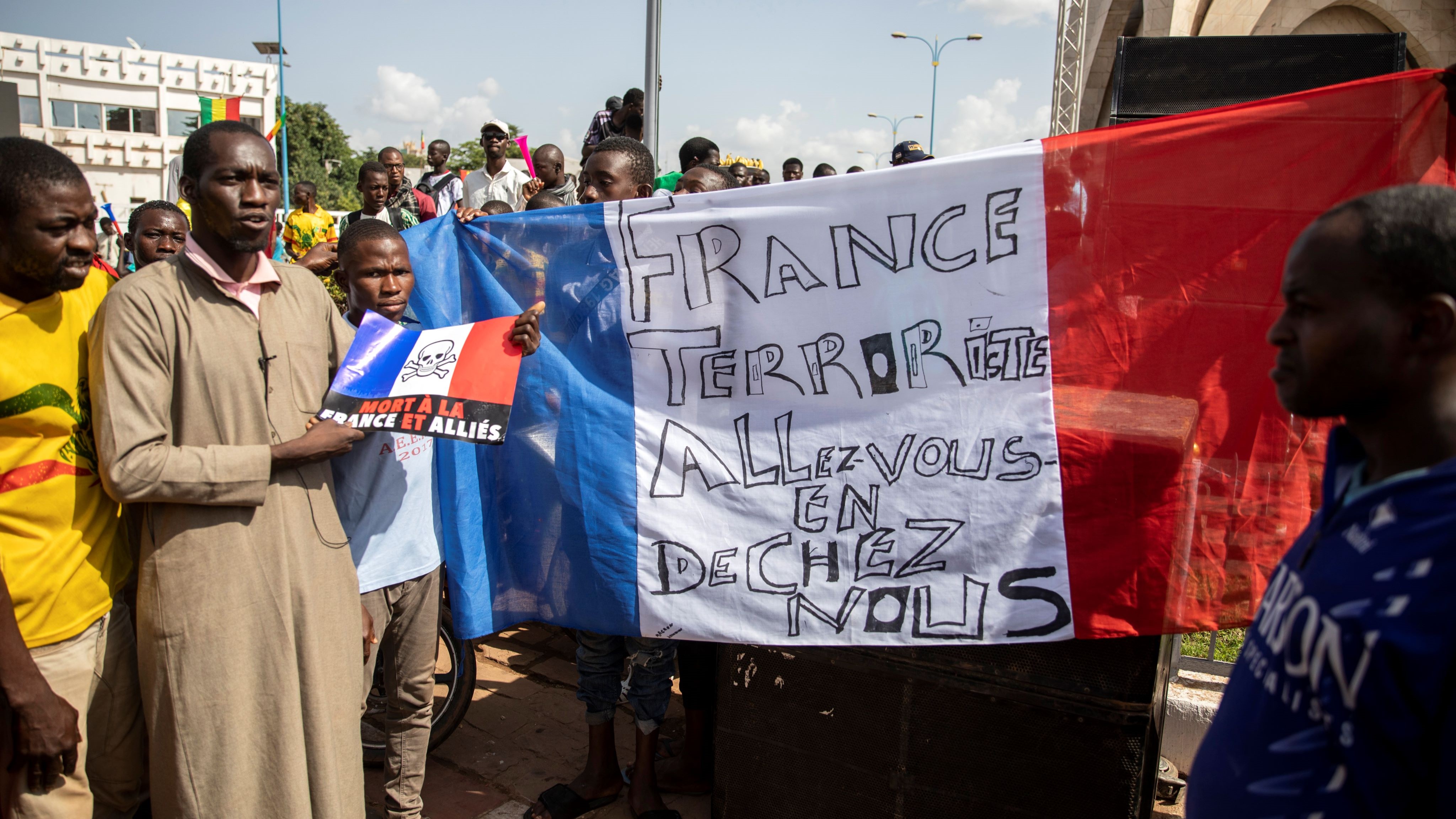
In turn, Paris-based activist Mahran Homsi explained in a statement to Al-Estiklal that “Chad is important to France due to its geographical location and the strength of its army, and Senegal is also a prominent economic partner and an important strategic dimension for France in its relationship with Africa.”
On the other hand, he noted that “the erosion of French influence in Africa is mainly due to the emergence of competing powers, most notably China, Russia and Turkiye, whose presence there has grown steadily over the past two decades.”
“The young generations in the former French colonies believe that these French forces steal natural resources and do not fight terrorists, so they find the new partners a better alternative,” Mr. Homsi said.
Sources
- For the first time, France’s Macron calls 1944 killings of West African troops by French a massacre
- Chad ends military cooperation with France
- ‘Slap in the face’ for Macron as France loses foothold in Africa
- French army's forced retreat from Africa continues
- The departure of the French army from Chad and Senegal [French]


